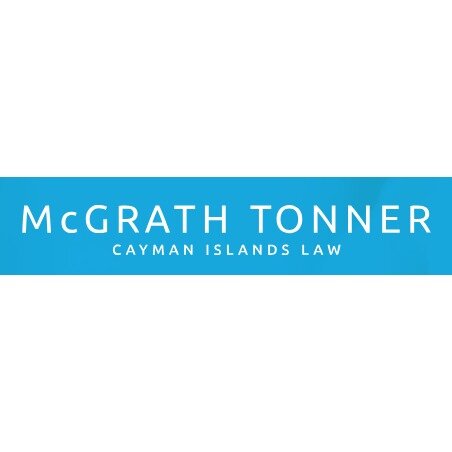Best Social Security Lawyers in Cayman Islands
Share your needs with us, get contacted by law firms.
Free. Takes 2 min.
Or refine your search by selecting a city:
List of the best lawyers in Cayman Islands
About Social Security Law in Cayman Islands:
Social Security in the Cayman Islands is regulated by the National Pensions Law and the National Pensions (Amendment) Law. These laws govern the mandatory pension contributions that employees and employers must make, as well as the benefits that individuals are entitled to upon reaching retirement age or in the event of disability or death.
Why You May Need a Lawyer:
You may need a lawyer for Social Security matters in the Cayman Islands if you are facing issues with pension contributions, eligibility for benefits, or disputes with your employer regarding social security benefits. A lawyer can help you navigate the complexities of the law and ensure that your rights are protected.
Local Laws Overview:
Key aspects of Cayman Islands' Social Security laws include mandatory pension contributions, eligibility criteria for benefits, rules regarding disability and death benefits, and procedures for making claims. It is important to be aware of these laws to ensure compliance and protect your rights.
Frequently Asked Questions:
1. What is the retirement age in the Cayman Islands?
The normal retirement age in the Cayman Islands is 60, but individuals can choose to retire as early as 55 with reduced benefits.
2. How are pension contributions calculated?
Pension contributions are based on a percentage of an individual's earnings, with both employees and employers required to make contributions.
3. What benefits are available under Cayman Islands' Social Security system?
Benefits include old age pension, invalidity pension, survivor's pension, and a funeral grant.
4. Can I claim Social Security benefits if I am not a citizen of the Cayman Islands?
Non-citizens who are legally employed in the Cayman Islands may be eligible for Social Security benefits.
5. How do I make a claim for Social Security benefits?
Claims for Social Security benefits can be made to the National Pensions Office, along with supporting documentation.
6. What should I do if my employer is not paying my pension contributions?
You should seek legal advice to address the issue and ensure that your rights are protected.
7. Can I receive Social Security benefits if I am self-employed?
Self-employed individuals are responsible for making their own pension contributions and may be eligible for benefits under the Social Security system.
8. Are Social Security benefits taxable in the Cayman Islands?
No, Social Security benefits are not subject to taxation in the Cayman Islands.
9. Can I appeal a decision regarding my Social Security benefits?
Yes, you can appeal a decision regarding your Social Security benefits by following the appeal process outlined in the National Pensions Law.
10. Are there any penalties for non-compliance with Cayman Islands' Social Security laws?
Non-compliance with Social Security laws in the Cayman Islands can result in penalties, fines, and legal action.
Additional Resources:
For more information on Social Security in the Cayman Islands, you can visit the National Pensions Office website or contact a local legal firm specializing in social security law.
Next Steps:
If you require legal assistance with Social Security matters in the Cayman Islands, it is advisable to consult with a qualified lawyer who can provide guidance and representation to protect your rights and interests.
Lawzana helps you find the best lawyers and law firms in Cayman Islands through a curated and pre-screened list of qualified legal professionals. Our platform offers rankings and detailed profiles of attorneys and law firms, allowing you to compare based on practice areas, including Social Security, experience, and client feedback.
Each profile includes a description of the firm's areas of practice, client reviews, team members and partners, year of establishment, spoken languages, office locations, contact information, social media presence, and any published articles or resources. Most firms on our platform speak English and are experienced in both local and international legal matters.
Get a quote from top-rated law firms in Cayman Islands — quickly, securely, and without unnecessary hassle.
Disclaimer:
The information provided on this page is for general informational purposes only and does not constitute legal advice. While we strive to ensure the accuracy and relevance of the content, legal information may change over time, and interpretations of the law can vary. You should always consult with a qualified legal professional for advice specific to your situation.
We disclaim all liability for actions taken or not taken based on the content of this page. If you believe any information is incorrect or outdated, please contact us, and we will review and update it where appropriate.
Browse social security law firms by city in Cayman Islands
Refine your search by selecting a city.
















